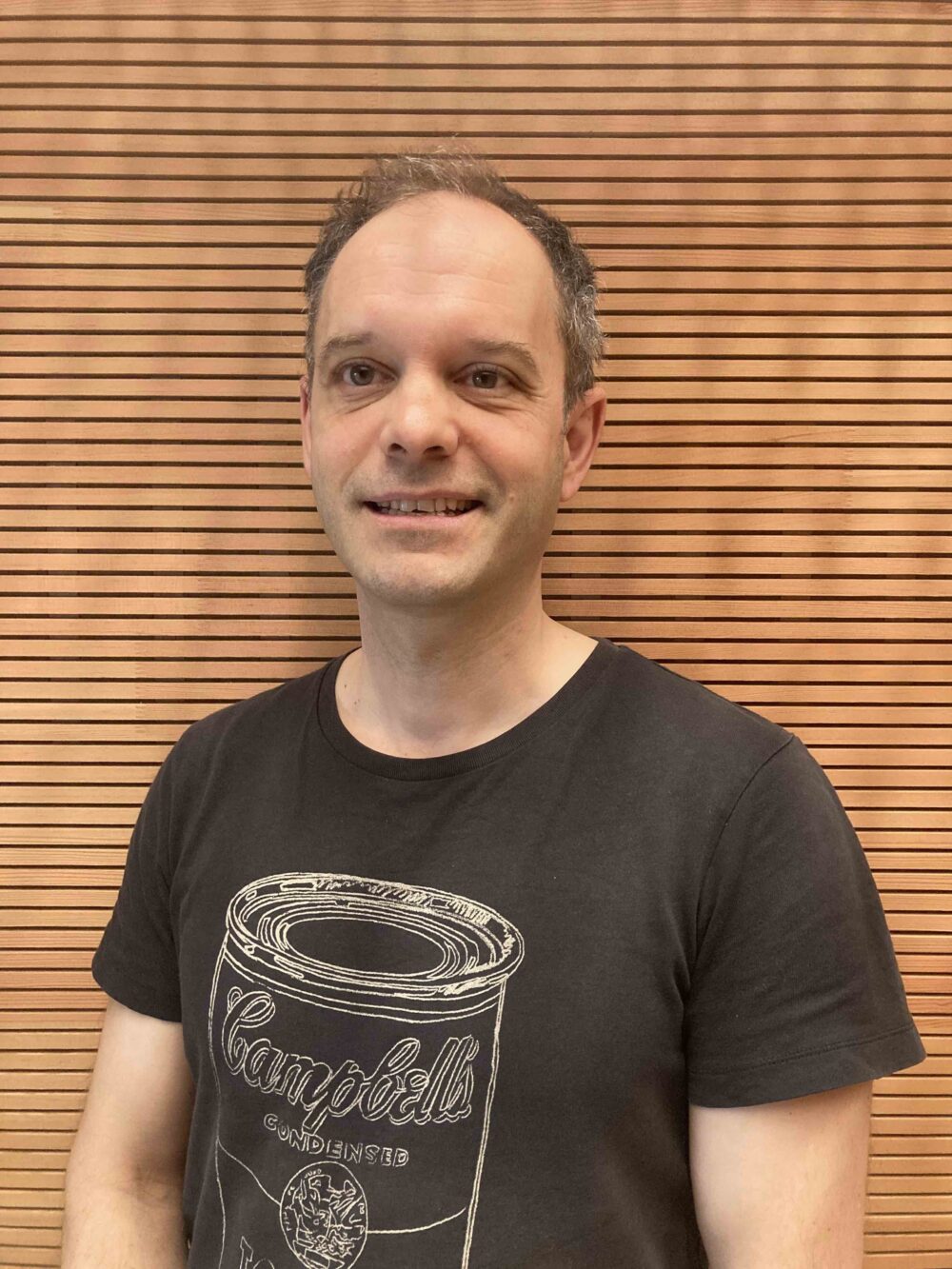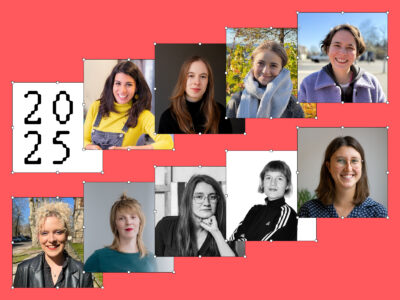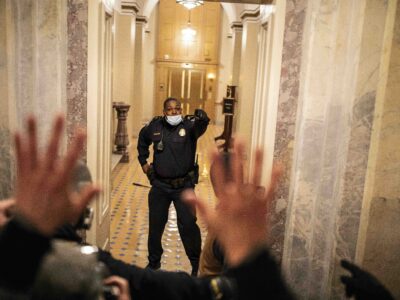Meet the residents: Liberties
In each issue of our newsletter, we introduce an organisation that works at Publix House. This time: Valentin Toth, spokesperson for ‘Liberties’ or ‘Civil Liberties Union for Europe’

What is the core of your work?
Liberties is a watchdog for human rights in the EU. We’ve got 22 member organisations across Europe, and we campaign on issues like the rule of law, media freedom or digital rights, such as privacy, AI, political advertising or election integrity.
How do you do it?
We break down policies and explain to EU institutions and governments why they need to respect human rights – and how to do it. We help our member organisations take legal action. We train civil society groups to talk about human rights in a way that actually resonates. And we get the word out on human rights issues so people can push for change. In Berlin specifically, we run “Democracy Drinks“, a relaxed event series where like-minded people can connect over big ideas.
What are you most concerned with at the moment?
Peaceful protest rights are under attack, civil society organizations are struggling with funding cuts, access to information is being restricted, and activists are facing more verbal and physical threats. With rising far-right populism in the EU and democratic backsliding in the U.S. attacks against NGOs will further weaken democracy, both in the international and in national contexts. Therefore, protecting and enabling civic right organisations and human rights defenders will be a priority to us.
What has been your greatest success in recent months?
We just released our 6th Rule of Law Report, which sparked over 200 media reports worldwide, like this in the Guardian, and reached more than 12 million people. Some of the governments we exposed had to respond immediately – though they weren’t exactly pleased.
What is the goal of your work?
We want everyone in the EU to actually experience their rights, not just have them written down somewhere. The EU has a lot of influence over what happens in member states, so we focus on three things: making sure its laws protect people’s freedoms, calling it out when governments or big corporations try to chip away at rights.
What is your contribution to a pluralistic media landscape?
We publish an annual Media Freedom Report – the next one is coming in late April. It helps EU stakeholders grasp the biggest challenges. Beyond reporting, we push for stronger protections for journalists and editorial independence, particularly through the European Media Freedom Act.
Which journalistic project has impressed you the most recently?
We deeply respect investigative journalists, especially those focusing on EU institutions. Scandals like “Qatargate”, “Huawei-gate”, and Von der Leyen’s WhatsApp messages have exposed serious issues at the heart of the EU. The work of investigative media in holding power to account is essential.
More about Liberties


